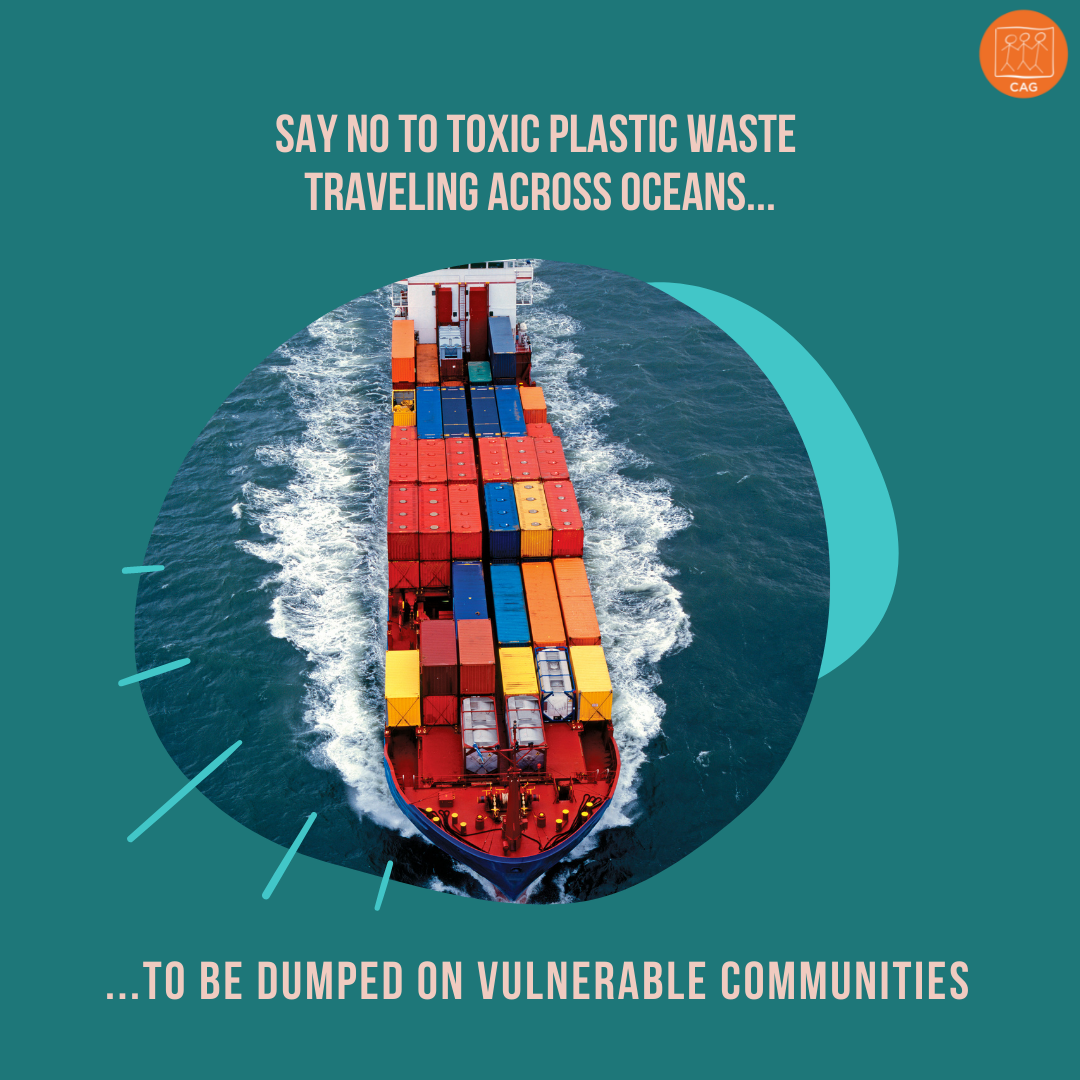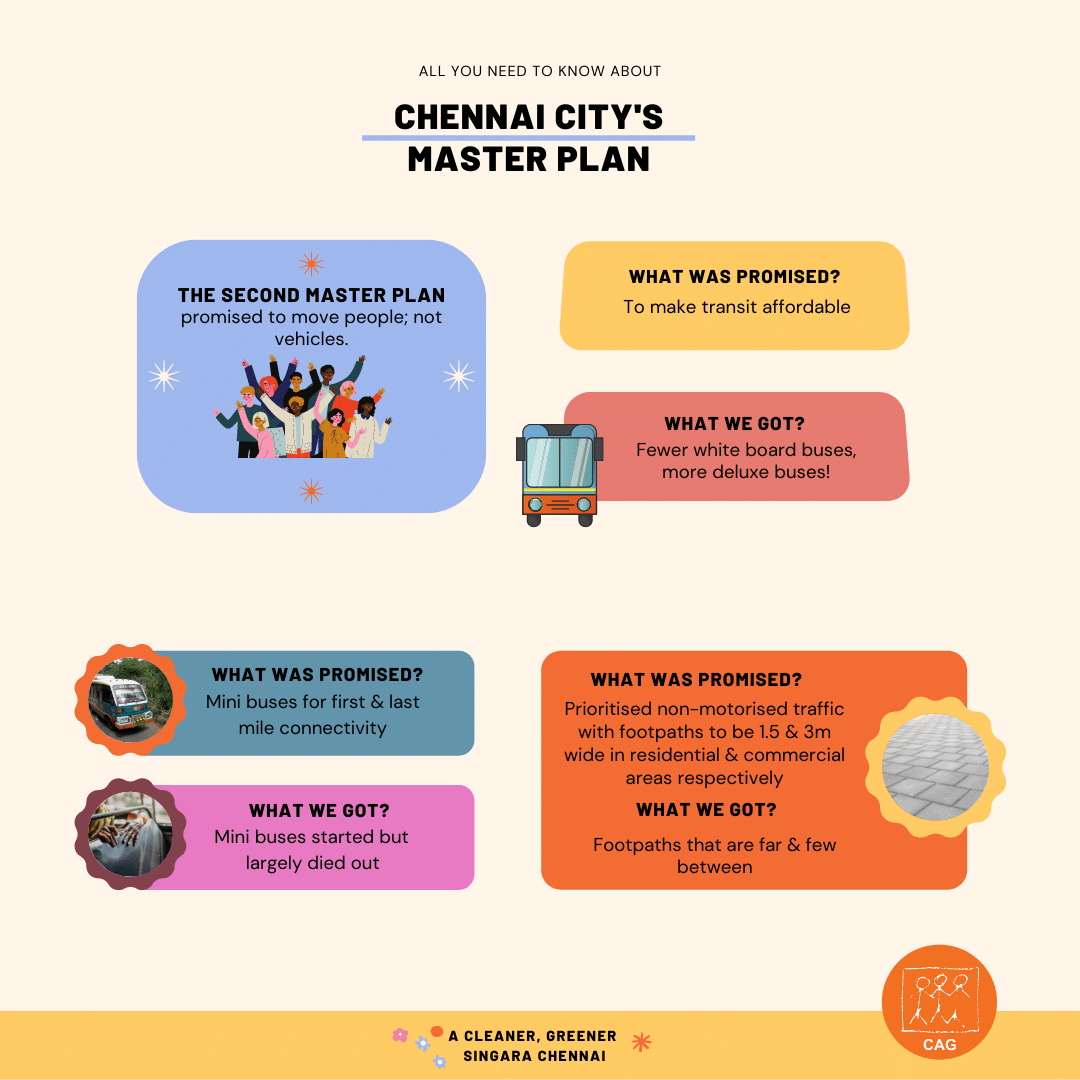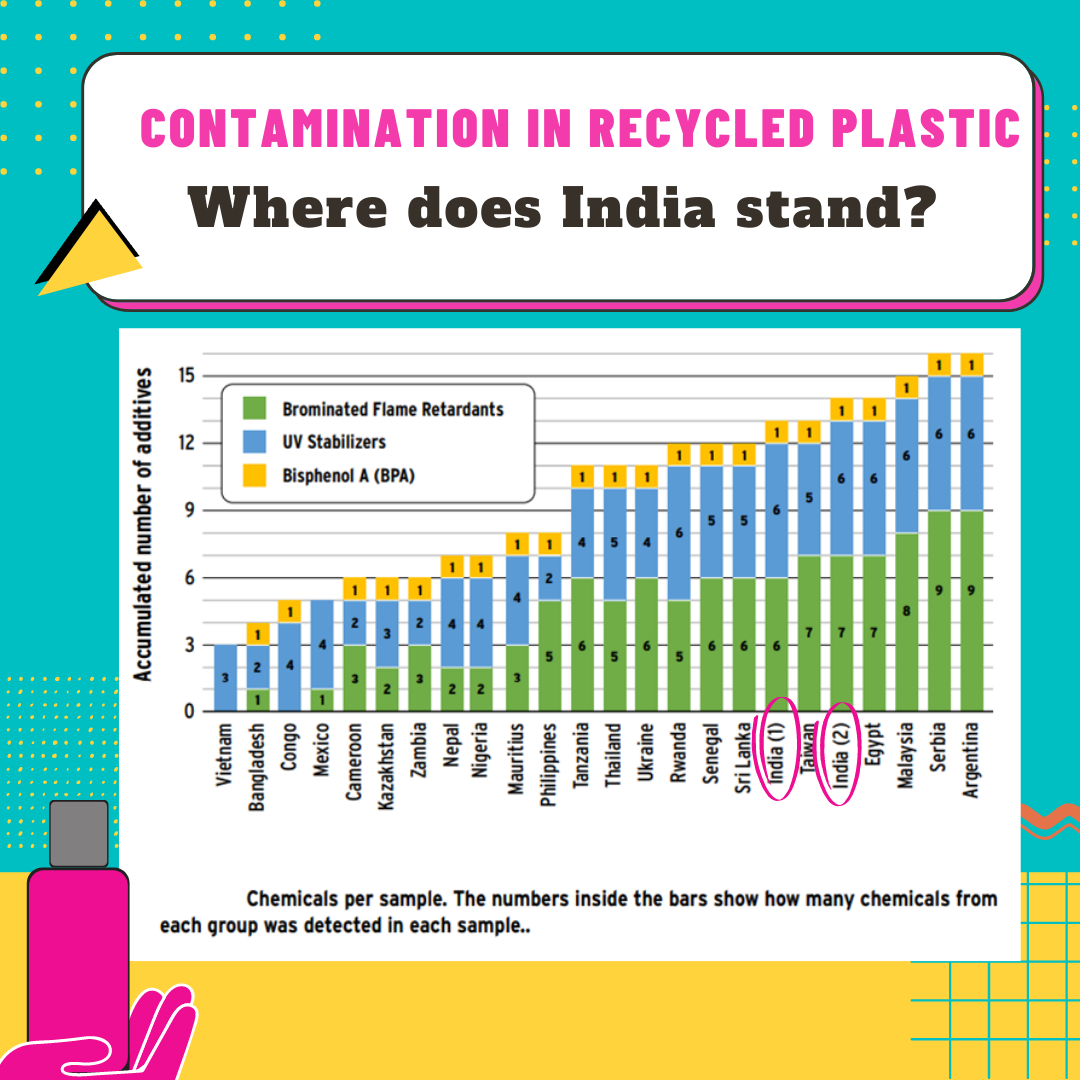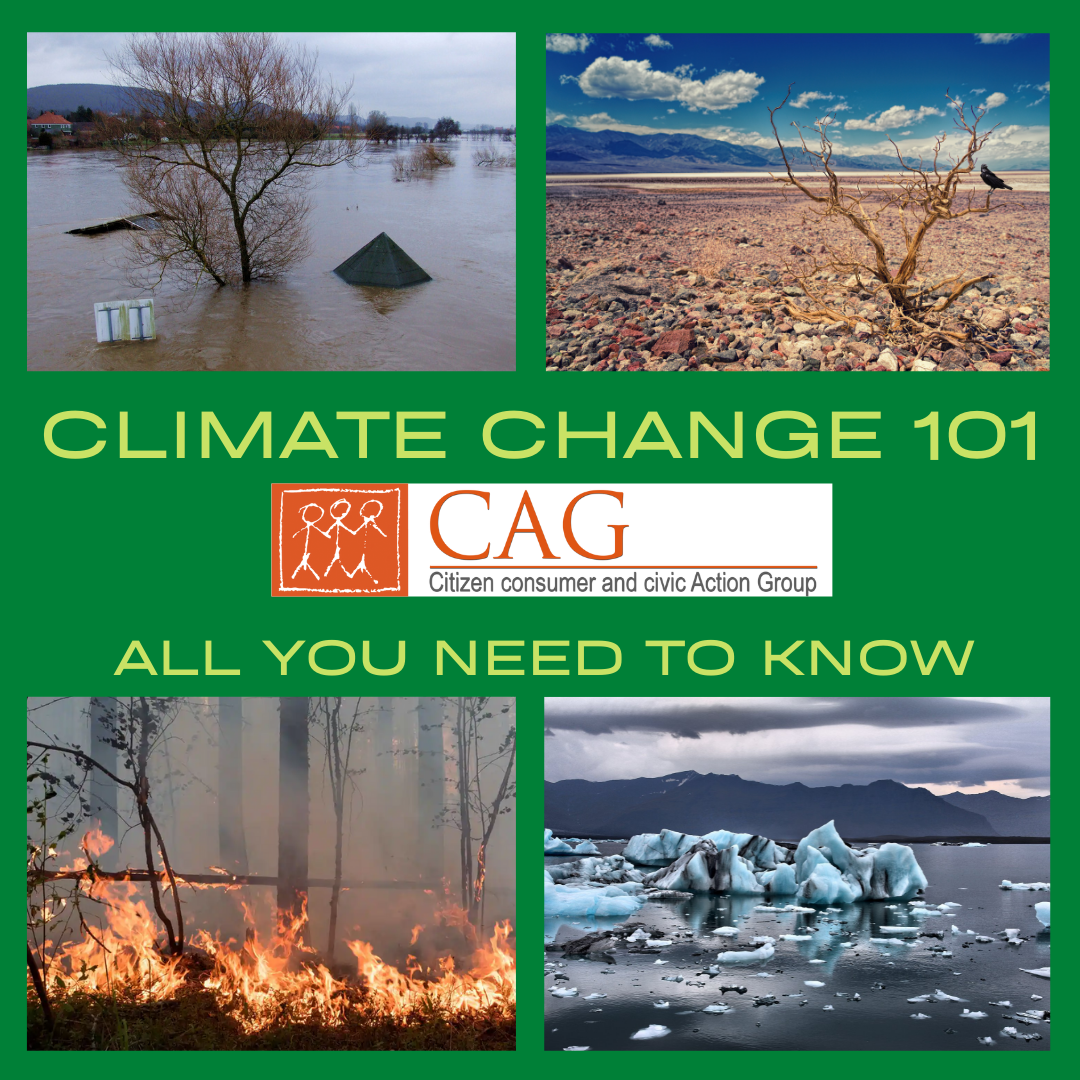Climate Change - Impact on World Fisheries
As per a study by American Geophysical Union, #ClimateChange is causing irreversible deoxygenation of the #Ocean's middle depths that support much of the world's fisheries threatening its very existence. There is a pressing need for urgent ambitious ocean action on a global scale #OceanActionNow






